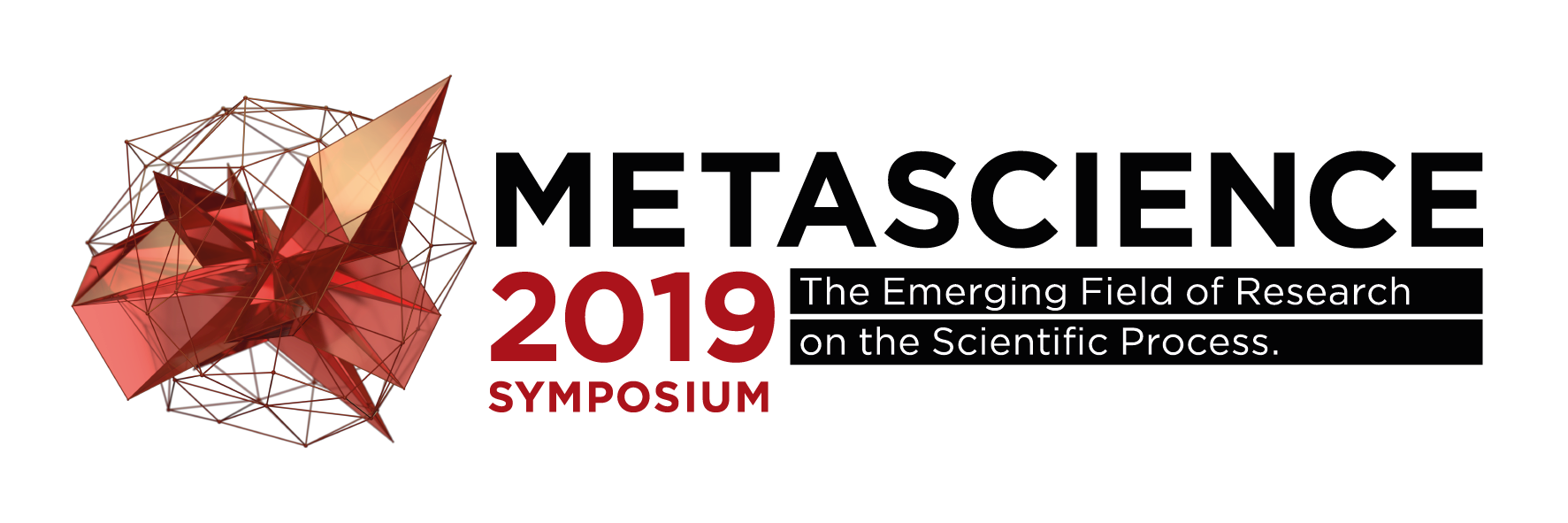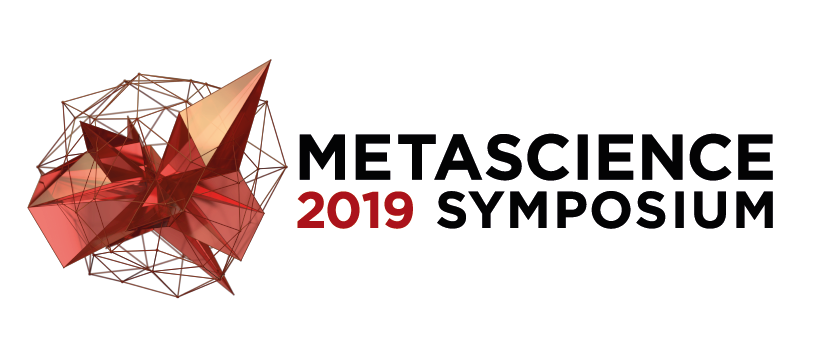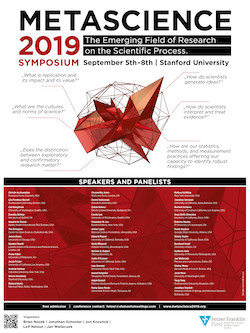Leonid Tiokhin
Eindhoven University of Technology
Co-Authors: Minhua Yan, Thomas J.H. Morgan
Competition for priority and the cultural evolution of research strategies
Scientists are rewarded for priority of discovery. How does this affect the quality of their research and the reliability of science as a whole? Here, we address these questions via an evolutionary agent-based model of competition for priority. In our model, scientists investigate phenomena and compete to be first to obtain statistically-significant results. Scientists can increase statistical power via larger samples, but this takes time, and so increases their risk of being “scooped”. We find that competition causes populations to evolve towards using smaller sample sizes. This harms scientific reliability (e.g. positive-predictive value) and efficiency (e.g. change in log odds belief per study). Factors that mitigate these negative effects include larger rewards for “scooped” scientists and larger startup costs for single studies. Our model provides a tool for thinking about the scientific process and has implications for the utility of existing reforms (e.g. registered reports).




